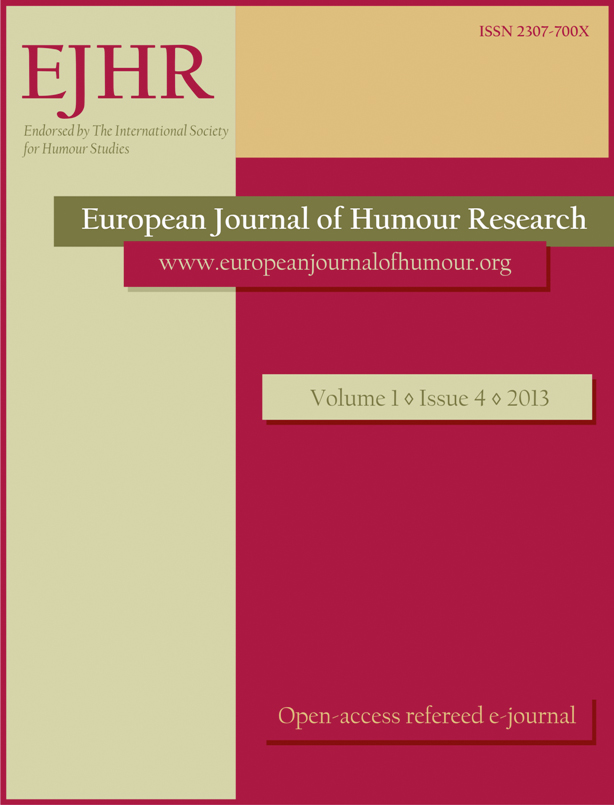Humour in popularisation:
Humour in popularisation:
Analysis of humour-related laughter in TED talks
Author(s): Giuseppina Scotto di CarloSubject(s): Social Sciences, Language and Literature Studies, Psychology, Theoretical Linguistics, Applied Linguistics, Communication studies, Sociology, Pragmatics, Sociolinguistics
Published by: Krakowskie Towarzystwo Popularyzowania Wiedzy o Komunikacji Językowej Tertium
Keywords: Ted talks; popularisation; humour; scientists-audience interactions;
Summary/Abstract: This paper investigates the role of humour in TED talks, which are popularising speeches aiming at knowledge dissemination. Through the analysis of humour used in Eugene Cordero’s 2012 talk ‘Improv Everywhere: A TED speaker’s worst nightmare’, Sebastian Wernicke’s ‘Lies, damned lies and statistics (about TED talks)’, and Julia Sweeney’s ‘It’s time for ‘The Talk’’, the paper analyses TED talks as an innovative tool of popularisation, which breaches the typical triangularisation ‘scientist-mediator-audience’, bringing scientists directly into contact with their audiences. Using classifications of humour theories described by Raskin (1985) and Attardo (1994), the paper analyses how humour in TED talks arises from a pleasant psychological shift of incongruity, when it is the “consequence of the discrepancy between two mental representations”; from a sense of superiority, when a person laughs about his/her own misfortunes or of others; or from a release reaction, when laughter is used to release tensions deriving from taboo topics, such as sexuality, politics, and religion. The talks show how humour is an endemic feature of this genre of popularising texts. In contrast with other forms of ‘canonical’ popularisation, these talks are not only delivered in a simple, clear, original, and relevant way, but also in a way that is enjoyable for the audience, which actively interacts with the speaker through humour.
Journal: The European Journal of Humour Research
- Issue Year: 1/2013
- Issue No: 4
- Page Range: 81-93
- Page Count: 13
- Language: English

